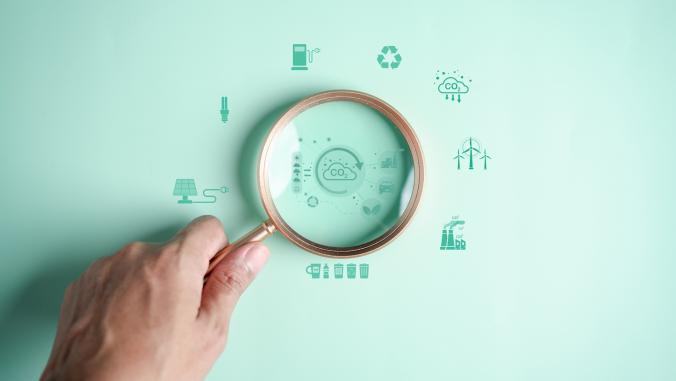Accor Aims to Draw the Curtain on Unsustainable Hotels
<p>Hospitality giant reveals how staff training and carbon bonuses are helping to cut energy use and slash emissions.</p>

Image CC licensed by Flickr user UggBoy♥UggGir
Would you be upset if you walked into a hotel room to find that the curtains were drawn, the TV was silent, and the staff were keen not to wash your towels each day?
These are some of the questions hospitality giant Accor has been seeking to answer as it prepares a major new sustainability strategy designed to slash environmental impacts and curb energy use across its 42,000 properties.
"In hospitality, the standard practice is for the guest to enter the room with the curtains open and the TV on with a welcome screen, and to then have their towels changed every day," Sophie Flak, the company's executive vice president for sustainable development, told BusinessGreen.
"But the sustainable way is to have the curtains closed, the TV off and to not change the towels every day. We've been training people the old way and we need to move to the new way."
The company has undertaken a major survey of customers to assess their willingness to support more sustainable practices. The full results will be released next year, but Flak said that early indications are encouraging.
Some 67 percent of respondents said that a sustainable hotel is as comfortable as a conventional hotel, and 70 percent said that they prefer a hotel with sustainability credentials.
Accor is also engaged in a major training program for its 145,000 staff around the world designed to promote green best practices.
"When we clean in the traditional way it takes several dozen liters of water, on average around 25 liters of water per bathroom," explained Flak. "But after training we can get that down to two to three liters using new cleaning materials and techniques. We are doing a lot of R&D and testing different cleaning technologies."
The company is also testing a wide range of clean technologies to identity those that deliver the best environmental and financial returns, including anaerobic digestion systems, different solar technologies, geothermal power and combined heat and power networks.
The results will feed into a five-year sustainability plan due to be unveiled early next year.
Flak also revealed that hotel managers' bonuses could soon be partly dependent on their ability to meet environmental targets.
"Our managers' bonuses are already based on top and bottom line performance and then they have energy and water targets," she said. "But we are planning to integrate the environmental targets into the bonus schemes."
Editor's note: This article originally appeared at BusinessGreen.com and is reprinted with permission.
Image CC licensed by Flickr user UggBoy♥UggGirl.





